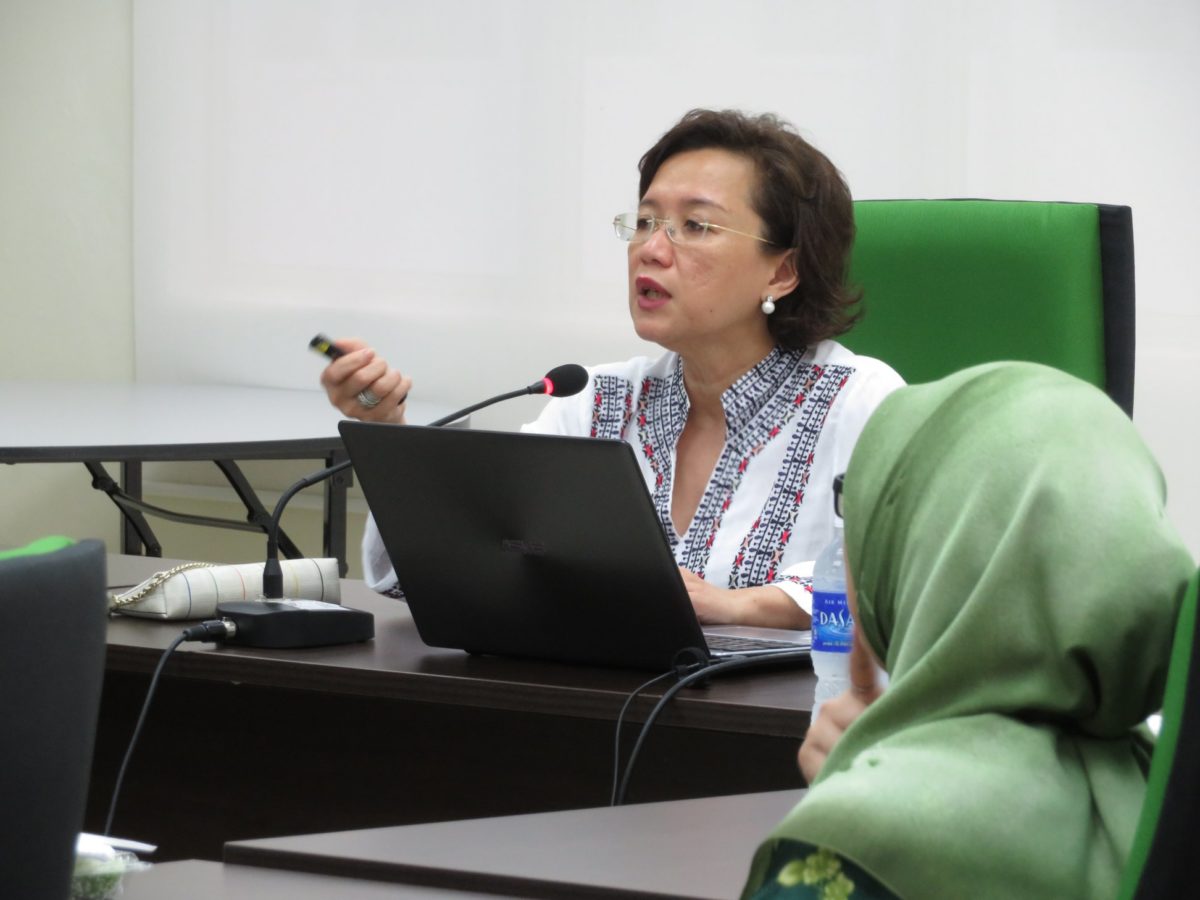KUALA LUMPUR, June 23 — Prof Dr Adeeba Kamarulzaman today advocated the digitalisation of wider Covid-19 testing and comprehensive contact tracing measures to control the Malaysian epidemic.
The infectious disease expert, who was recently appointed to the World Health Organization (WHO) Science Council, mentioned that the daily cumulative number of reported Covid-19 cases is not sufficient in understanding the epidemic.
“We have to have better real-time data at the national and state as well as sub-national levels down to the district so that moving forward, we don’t have these blanket lockdowns,” Dr Adeeba said in a panel discussion session during the launch of the World Bank’s Malaysia Economic Monitor “Weathering the Surge” report today.
“I think the unlinked cases can be better characterised if we had a better testing in contact tracing system in place.”
Dr Adeeba mentioned that digitally enhanced mass testing, especially in high-risk areas and workplaces like manufacturing companies and construction industries, should certainly be improved. This is essential to develop a coherent testing strategy, she added.
“I think, first of all, there needs to be a very clear policy coming out from the Ministry of Health with regards to expanding the testing. There is still, unfortunately, a lot of confusion on the ground as to whether RTK antigens are adequate for community-based testing versus PCR.”
Dr Adeeba also pointed out that the qualified new-generation test kits have much higher sensitivity and mass procurement of these kits will lead to a lower price.
This is essential to accelerate testing as current testing is still costly and industries are struggling to cope with testing expenses for their employees.
“Some can be gotten for one to two US dollars. That would certainly enable, not just ramping up the public health sector testing, but I think industries, I daresay will also be willing to test more frequently with that kind of costs,” Dr Addeba said.
The government has set a maximum seven-day daily average of 4,000 coronavirus cases to move into Phase Two of movement restrictions, even as the nation’s total lockdown is scheduled to end on June 28.
However, Malaysia’s Covid-19 testing dropped in June. Only a daily average of 80,165 tests were conducted in the week of June 13-19 compared to a daily average of 109,601 tests in the week of May 23-29.
The national Covid-19 positive rate was 6.93 per cent in the 24th epidemiological week from June 13 to 19. Amid reduced testing, reported Covid-19 cases also fell from an average 7,631 daily infections in the week of May 23-29 to 5,559 daily cases in the week of June 13-19
“Unless we automate this whole system, we’re going to struggle to get to adequate levels of contact tracing, and if we don’t contact trace properly, we won’t be able to break the chain effectively,” said Dr Adeeba.
At the same time, Dr Adeeba also pointed out the challenges in treating other acute diseases that should be addressed immediately, as health care facilities are overwhelmed with intensive care unit (ICU) patients due to Covid-19.
“Challenge to the acute care for which, I think in most states and certainly here in the Klang Valley, the beds utilisation for Covid-19 patients and especially for ICU care has consistently been about 90 per cent, if not 100 per cent.”
Dr Adeeba also pointed out that the past two weeks’ of lockdown measures did not significantly reduce the utilisation of ICU beds in hospitals.
Apart from Covid-19 health implications, Dr Adeeba highlighted the impact of the epidemic on non-Covid health matters, citing delays in cancer surgery and treatment for heart disease, among others.
“So, that’s another challenge to the health system that’s not often talked about, specifically in terms of public health challenges, and how can we effectively contain the pandemic so that when we open up, we are not looking at another few months of low and then get lulled into complacency and boom, we have another surge.”
Dr Adeeba added that isolation measures for Covid-19 patients should be strengthened as well to manage the clinical situation.
“For those at low risk, who are more likely, and those who are suitable, can be isolated at home, again, supported digitally and perhaps, with engagement of general practitioners.”
In terms of vaccination, Dr Adeeba said that the country should not solely rely on mega Covid-19 vaccination centres, but also engage various community leaders, non-governmental organisations, and Members of Parliaments for the vital success of the national Covid-19 vaccination programme.








